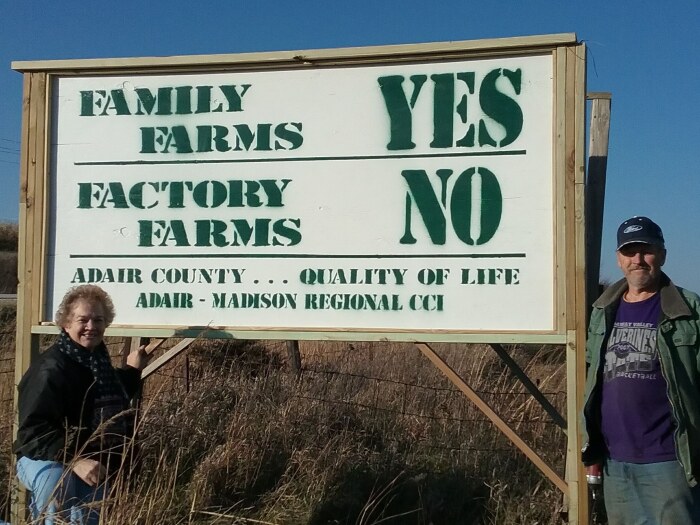Jay Howe wrote the following guest column at the request of the Chicago host committee that recently recognized Jesse L. Jackson on the 35th anniversary year of his historic run for the U.S. presidency.
Yes, those were the days, 1987-88! It all made quite an impact. We deliberately juxtaposed Jesse Jackson from South Chicago into rural, white, farm country Iowa. It worked well to raise his national visibility, eventually helping him win several state Democratic primaries. The first African American to rise as a viable presidential candidate.
National farm leader Dixon Terry of Greenfield, Iowa met Jackson at the 1984 Democratic National Convention in San Francisco. The two of them recognized the potential for including family farm agriculture and rural places in Jackson’s political coalition. The 1980s saw many family-scale farms in deep financial trouble because of high borrowing costs and commodity prices below costs of production.
So in January 1987, it all flowed into the Jackson exploratory event on Superbowl Sunday at the United Methodist Church in Greenfield. When Jackson witnessed a packed house of small-town and farm folks show up in southwest Iowa, that was “it”!
Greenfield attorney Jay Howe (the former Adair County attorney) and Evelyn Davis, an iconic Des Moines civil rights leader, were then and there asked to co-chair Jackson’s Iowa campaign committee.
Jesse then did an overnight at Dixon and Linda Terry’s farmstead. The next day, he received nationwide media coverage featuring his morning chores . . . helping Dixon milk a cow herd!
County seat Greenfield (population 2,200) soon became Jackson’s Iowa campaign headquarters, and for an early period, the national headquarters. John Norris, from nearby Red Oak (Montgomery County), led the Iowa campaign staff from March 1987 to July 1988.
As a quintessential Iowa farm town, with its town square courthouse and scores of small businesses, Greenfield was the perfect backdrop for Jackson’s Midwest primary/caucus campaign within the Democratic Party.
Jackson’s farm vote campaign piece, developed collaboratively for statewide distribution, is still relevant. It essentially proposed a retooled New Deal (FDR/Henry A. Wallace) approach to supply management and price supports known as parity. The policy would reverse the emptying out of rural Iowa, as opposed to the current approach of exporting profit, exporting equity (wealth), and exporting youth from rural places to non-rural places and to non-rural interests—with the farm share of the food dollar ever shrinking.
Jay Howe is a fourth-generation resident of Greenfield, a University of Iowa graduate, a U.S. Army veteran, a retired general practice attorney, a volunteer co-manager of ADCO Enterprises LC dba Hotel Greenfield, and a board member of Wallace Centers-Iowa. He provided the top photo of advocates for family farms in Adair County.
Editor’s note from Laura Belin: John Norris previously shared the remarks he prepared for the Jackson campaign reunion. This essay by Scott Syroka explains the New Deal era “parity” approach to farm subsidies and the importance of Jackson campaigning on this issue in 1988.


1 Comment
Parity
. . . What ’23 farm bill proposition will prosper family-scale, community-based ag production models; will dis-incentivize farm consolidation and vertically integrated arrangements ?
11111 Tue 8 Aug 1:48 PM